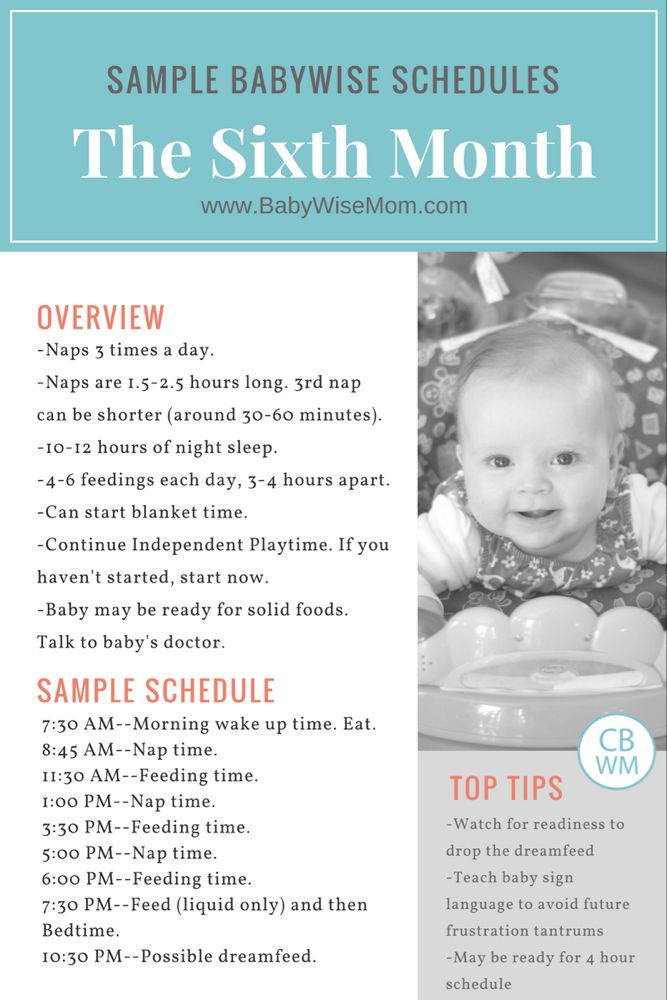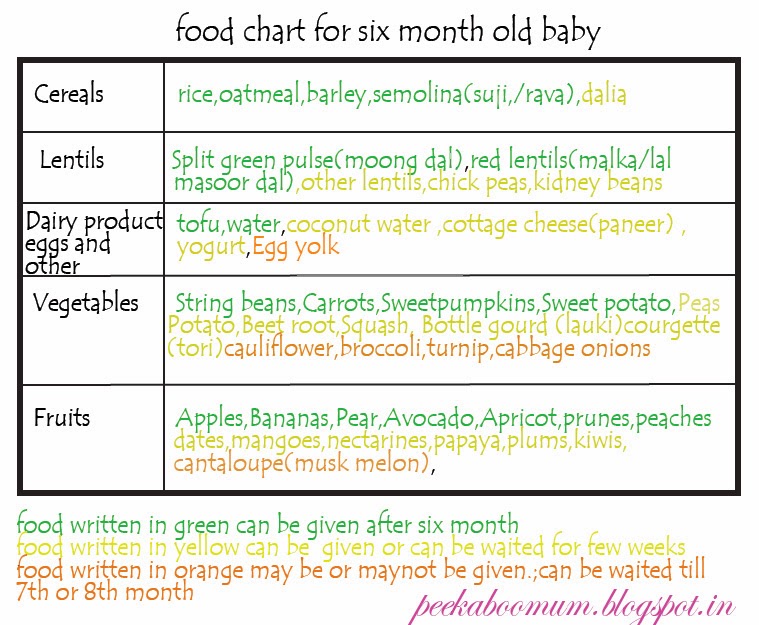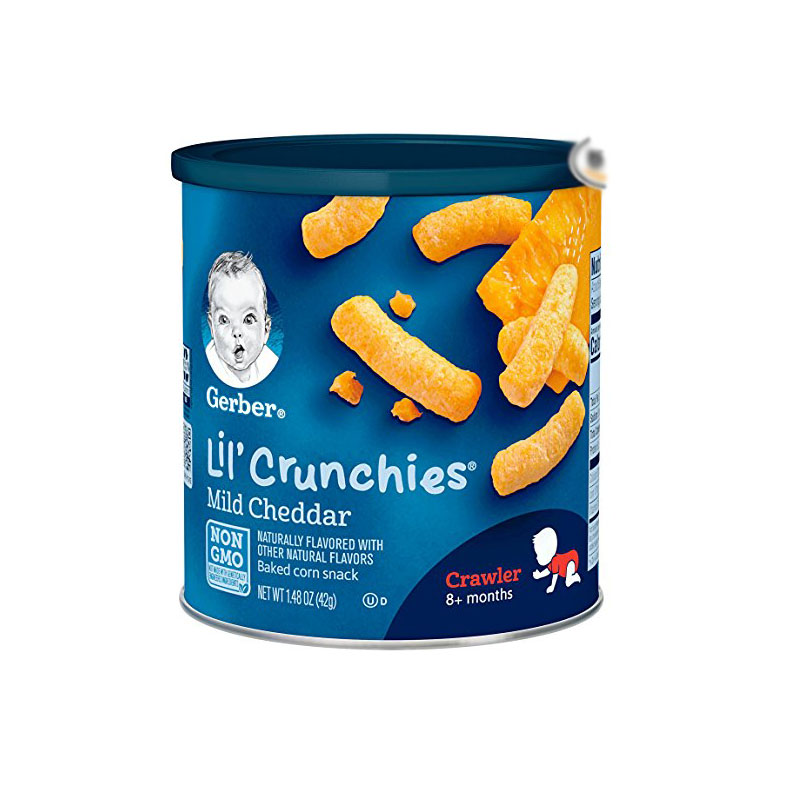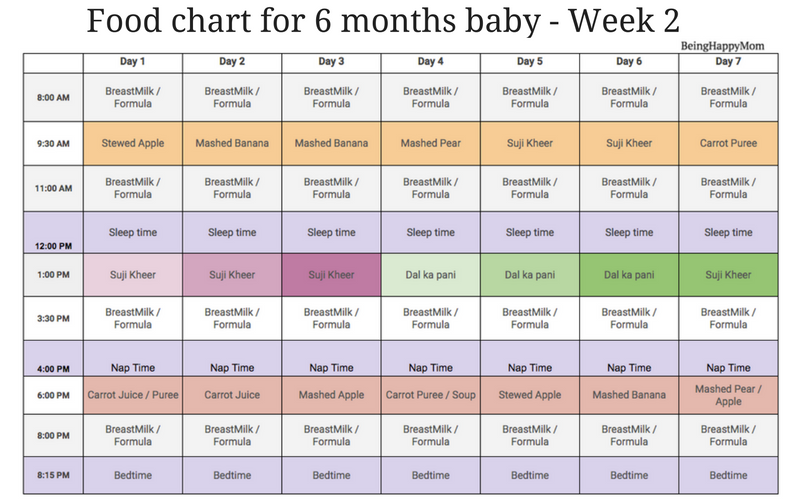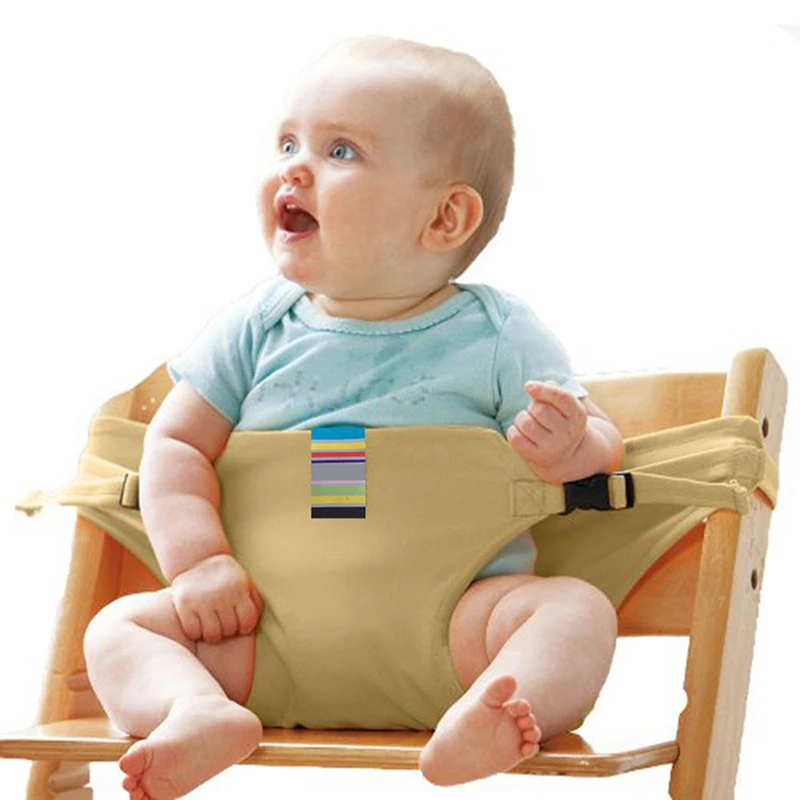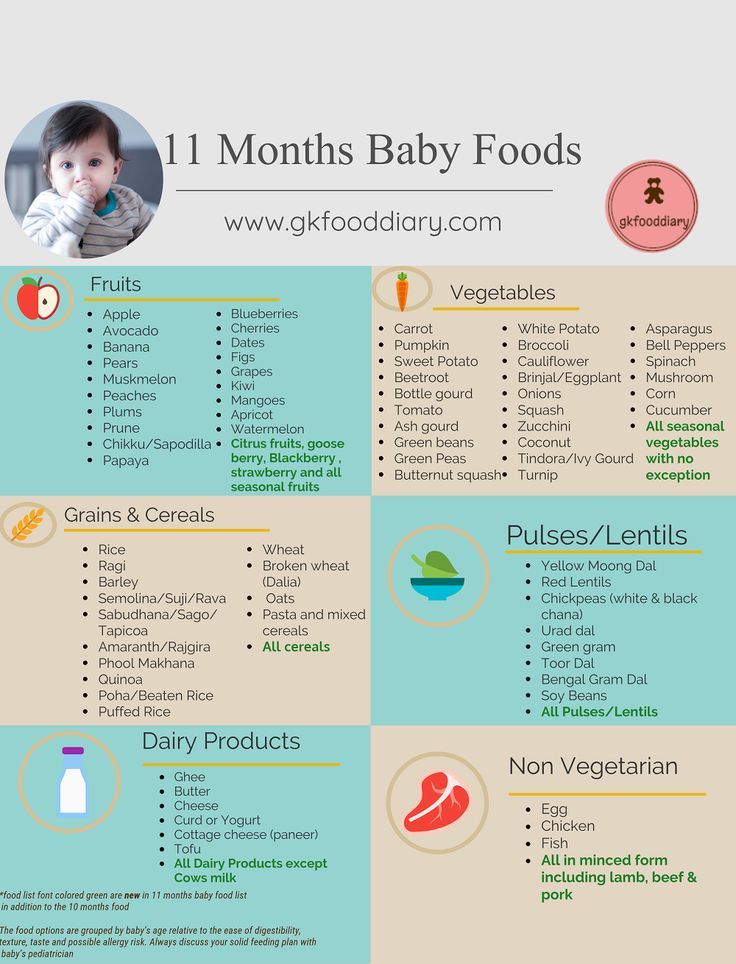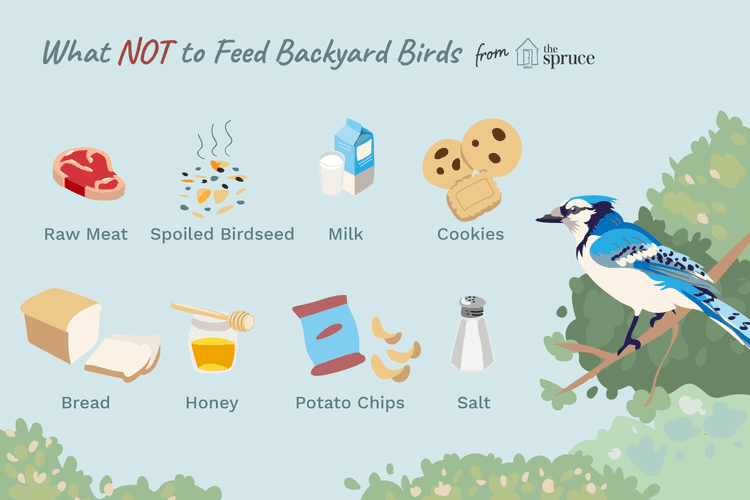When does baby food expire
Does Baby Food Expire? (With 5 Thrifty Ways To Save It!)
It’s so exciting when your little one graduates from breastmilk or formula to ‘real’ food! But the new foods and flavors come with new rules about what’s safe for your baby to eat, and what isn’t so you’ll need to understand why baby food expiration dates matter!
Does baby food expire? The FDA does not require baby food to be labeled with an expiration date but all manufacturers will list a sell by, best by, or use by date to tell customers and retailers how long their product is safe to eat and when it will taste the freshest. Unlike some other foods, baby food should not be used after it is expired.
Ultimately, baby food safety is a lot like regular food safety. Keep reading to learn how to interpret ‘best by’ dates, make the most of your baby food, and keep your little one safely fed.
Table of Contents
Does baby food have an expiration date?
Fun fact: the FDA doesn’t actually require companies to put an expiration date on most foods.
The one exception is infant formula, but it’s probably not for the reason you think. Baby formula doesn’t usually “go bad”; rather, after a certain amount of time, the nutrients in the formula begin to deteriorate. Because young babies rely completely on the nutrients that they get from the formula, any deterioration means that your baby isn’t getting the vitamins and minerals they need to be healthy.
Baby food, however, isn’t the same thing as baby formula, so it isn’t required by law to have an expiration date. Even though it’s not FDA-mandated, many food companies voluntarily include an expiration, ‘best by,’ or ‘sell by’ date on their packaging. These dates are a recommendation by the manufacturer about when their product is best for the consumer to use.
Here’s a quick interpretation guide for each type of date:
- Sell By – A sell by date is actually a guide for the stores stocking the product, rather than for the customers who buy the food.
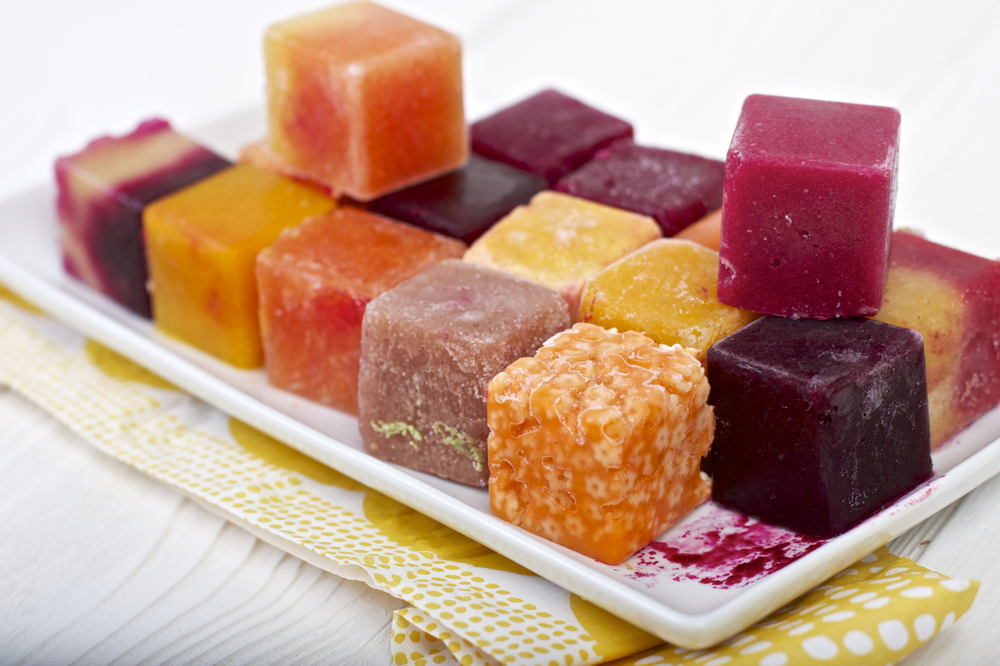 It helps retailers rotate their inventory to keep products off of the shelves that might go bad before, or immediately after, selling.
It helps retailers rotate their inventory to keep products off of the shelves that might go bad before, or immediately after, selling. - Best By – These dates are often labelled as ‘best before’ or ‘best by’ dates. This is a suggestion made by the food manufacturer for when their product will have the best taste or flavor. Eating food after this point can be completely safe, but the product might not taste as good as earlier. If you’ve ever eaten stale cereal, you know exactly what I’m talking about.
- Use By – This label is the closest most foods come to a legitimate ‘expiration’ date. It’s recommended by the manufacturer that you consume their product before the ‘use by’ date if you want the best quality of the product. Keep in mind, though, that for every type of food except for baby formula, you can often still eat food after it’s ‘use by’ date and be perfectly safe.
When it comes to baby food, you’re likely to see a recommended consumption date, which is usually printed on the bottom or back of the bottle, jar, or pouch.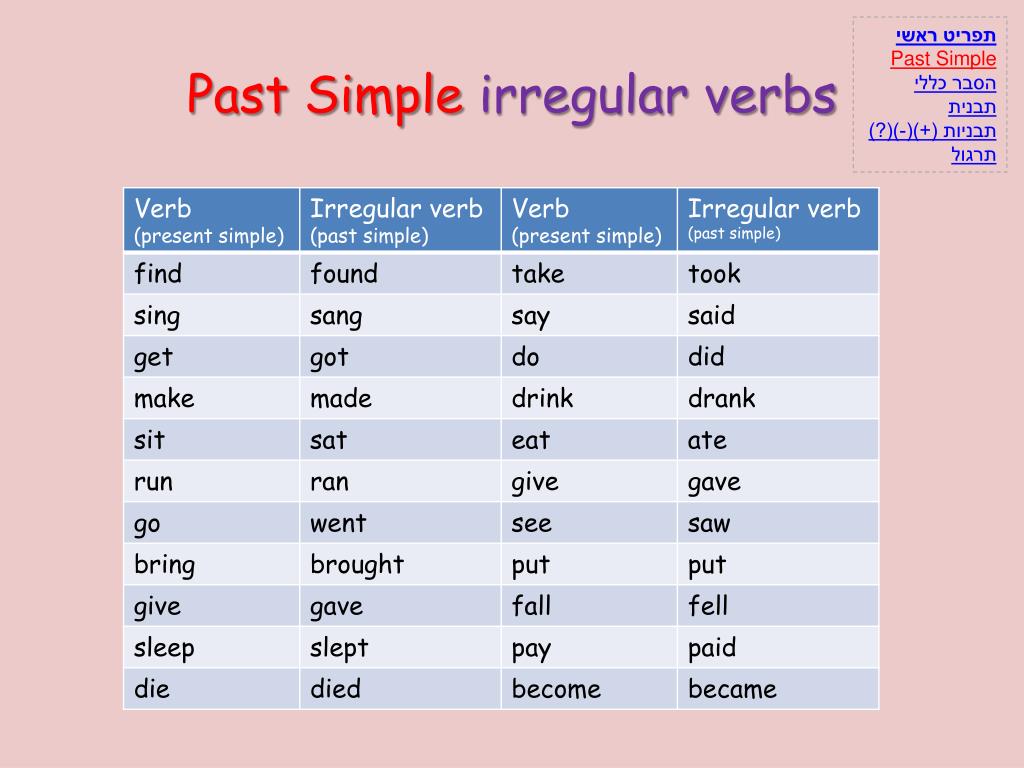 Although the dates printed on baby food are more recommendations than anything else, you’re right to be wary about feeding your baby food that might not be completely trustworthy.
Although the dates printed on baby food are more recommendations than anything else, you’re right to be wary about feeding your baby food that might not be completely trustworthy.
Baby food in jars tends to last longer than pouches, and unopened cereals can last for years if they’re stored properly. Here’s a quick breakdown of expert estimates for food storage length:
- Baby Food (Jars) – 2 years when unopened. 1-3 days once opened (if refrigerated).
- Baby Food (Pouches) – 1 year when unopened. 1 day once opened (if refrigerated).
- Baby Cereal – 3 years when unopened. 30 days once opened.
If you’re only a few days or weeks past the ‘use by’ date on the packaging and the baby food looks normal, you’re probably fine to use it. But if you’re ever worried about whether the food you’re serving your baby is safe, then skip the anxiety and opt for something you know is going to be fresh and completely safe.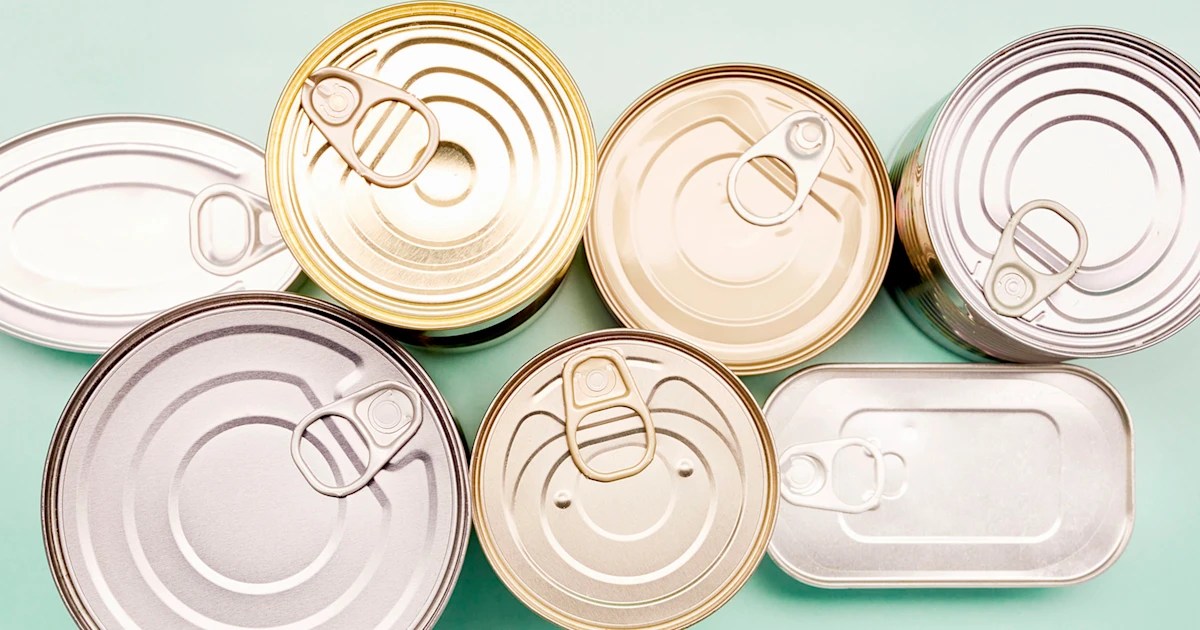
Can babies eat expired baby food?
The ‘best by’ date listed on baby food is a recommendation made by the manufacturing company, not a hard-and-fast rule. With that being said, it’s always best to be safe when it comes to what your little one is eating. You might feel comfortable rolling the dice with some of the sketchy leftovers you eat, but you’ll want to be more cautious when it comes to your baby.
Babies grow and develop at a remarkable pace, so it’s important that the food they eat is nutritious and safe. As baby food ages, it has the potential to lose some of its nutritional value as the vitamins and minerals in the food break down over time. This nutritional breakdown is the reason the FDA requires infant formula to include an expiration date that must be followed.
Although pureed baby food isn’t required to have an expiration date printed on the packaging, the same principle applies: if you want to feed your child nutritious, safe food, opt for something as fresh as possible.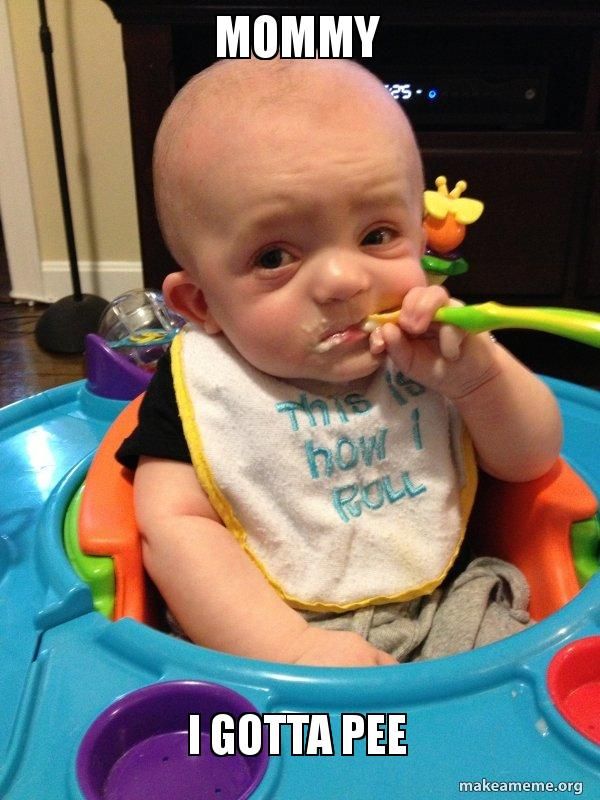 Even if a jar of barely-expired baby food might technically be safe to consume, it’s certainly not a great option when it comes to the overall health of your baby.
Even if a jar of barely-expired baby food might technically be safe to consume, it’s certainly not a great option when it comes to the overall health of your baby.
Use these tips to help decide if your baby’s food is safe to eat:
- Check the ‘use by’ date on the packaging. If you’re more than a few months past that date, toss the food.
- Make sure the packaging is secure. If any seals or tabs on the jar, pouch, or container have been broken, toss the food.
- If the baby food looks ‘funny,’ (you notice separation; the colors have turned brown; you see mold etc.) toss the food
- If the baby food smells ‘funny,’ (think sour milk or meat that’s been left out too long,) toss the food.
- If you notice any swelling or bubbling of the pouch or can, toss the food.
What if your baby ate expired baby food?
If you realize you’ve fed your baby some food that’s a little past the listed ‘best by’ date, don’t panic! Assuming your baby isn’t having any negative reaction to the food, you’re probably okay.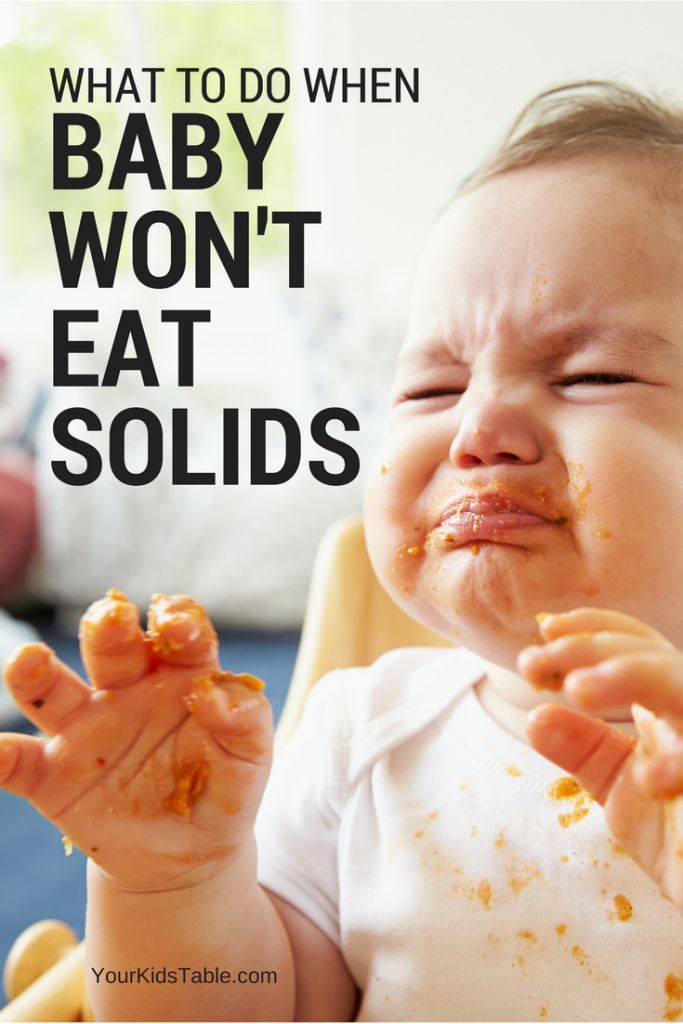 Baby food can last for a long time if it’s stored properly, and if you didn’t notice anything strange about the food while feeding your baby, it’s probably not going to cause any harm.
Baby food can last for a long time if it’s stored properly, and if you didn’t notice anything strange about the food while feeding your baby, it’s probably not going to cause any harm.
If the expired baby food has spoiled, your little one might exhibit signs of food poisoning. Food poisoning usually sets in within 24 hours after eating food that has gone bad. You might notice symptoms such as diarrhea, vomiting, and/or fever. Symptoms usually last for a day or two.
If your baby does show signs of food poisoning, call your doctor for recommended care. Usually, the treatment will focus on keeping your child hydrated by providing them with small amounts of either breastmilk or formula every hour or so.
If your child is having trouble breathing or shows signs of a seizure, call 911 immediately.
How long does unopened baby food last?
Pureed baby foods can last for years, as long as they’re unopened and stored correctly. Jars of baby food have a longer shelf-life, at around 2 years.
Pouches of baby food can last for up to a year, although it’s best to try and purchase a brand with clear packaging so you can check the food for discoloration as you near the expiration date.
Baby cereal (rice, oatmeal, etc.) can last for 3 years as long as the seal on the packaging remains unopened.
Why does baby food have a long shelf life?
Baby food can last on the shelf for such a long time because of the production process used to make the food shelf-stable. Most baby foods are heated several times and mixed with acids to bring down the pH level of the food. The pasteurization and acidification processes kill all the bacteria and deactivate the enzymes that would normally cause the food to spoil. As long as air isn’t introduced to the baby food, it can last on the shelf for years.
What is the shelf life of Gerber baby food?
Pouches: 1 year
Jars: 2 years
Cereal: 3 years
What is the shelf life of Beechnut baby food?
Pouches: 6 months
Jars: 18 months
What is the shelf life of Parent’s Choice baby food?
Pouches: 1 year
How long does opened baby food last?
Baby food only lasts for a few days in the refrigerator once it’s been opened, but the exact timing depends on the type of food and the method of storage.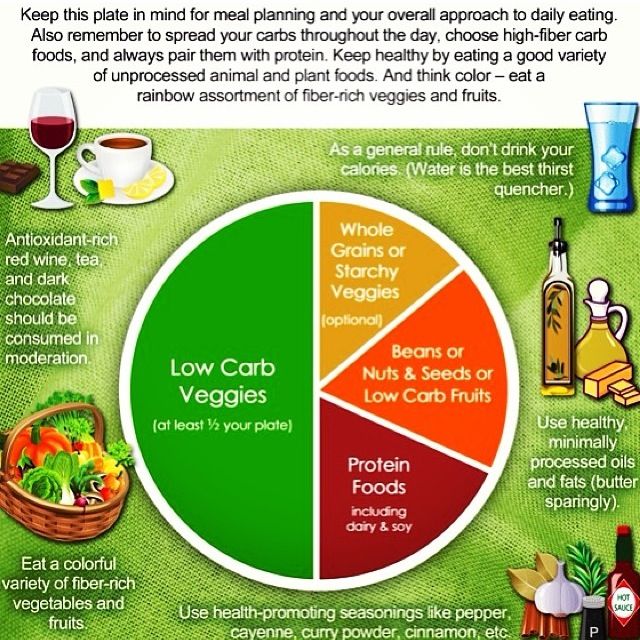 Here’s a handy guide on opened baby food safety
Here’s a handy guide on opened baby food safety
| Type Of Opened Baby Food | How Long It Will Last Refrigerated | How Long It Will LastFrozen |
|---|---|---|
| Fruits and vegetables | 2-3 days | 6-8 months |
| Meats and eggs | 1 day | 1-2 months |
| Meats and vegetables | 1-2 days | 1-2 months |
| Homemade baby food | 1-2 days | 3-4 months |
Any unrefrigerated baby food is only safe for 2 hours after opening.
How to store opened baby food properly
Since we’ve made such a big deal about how long baby food lasts we should probably talk about how to store it properly as well!
Once baby food is opened:
- Refrigerate or freeze any unused portions promptly to prevent spoilage
- Cover any opened jars or containers, or place the leftovers in a sealed container
- Put a date on the food so that you’ll know when to throw the leftovers away.
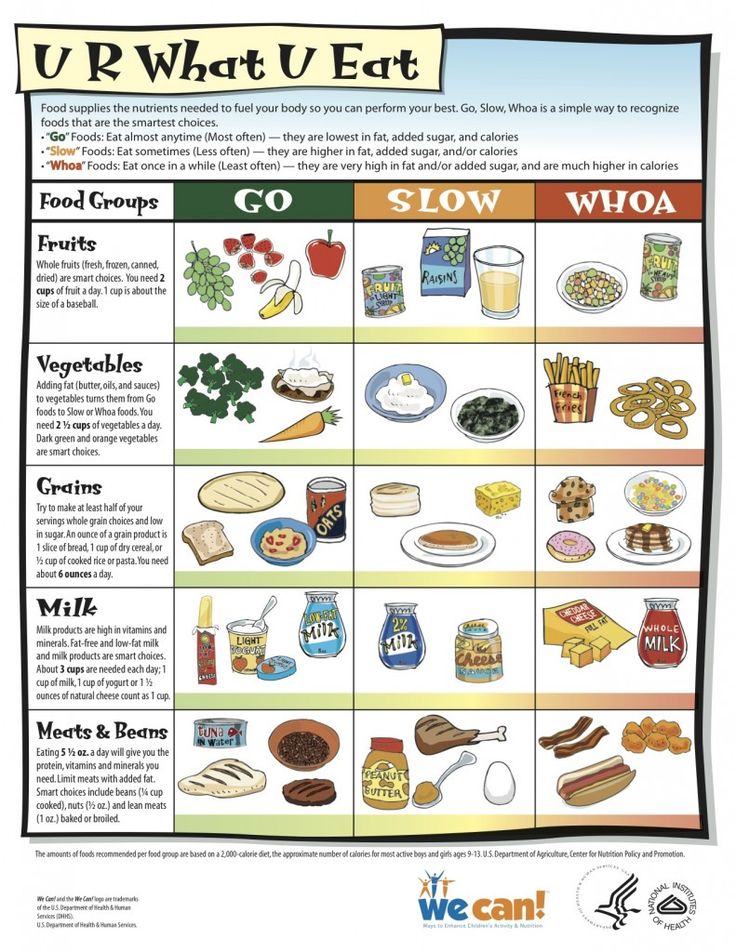
Make sure you only save food your baby hasn’t touched. Any food that’s come in contact with your little one’s hands, mouth, or spoon can contain harmful bacteria.
5 ways to avoid throwing away baby food
It can be a huge financial pain to throw out unused baby food. Here are some tips to help save your budget:
- Plan ahead: Your little one will only be eating baby food for a few short months. Even though it’s tempting to buy a dozen of every new flavor of food as soon as your baby hits 6 months, resist the urge. Only buy as much food as you’ll actually need.
- Portion wisely: Don’t feed your baby straight from the container of baby food, because you won’t be able to save any leftovers that way. Instead, spoon some of the food into a separate bowl, and feed your baby from that. You can always add more to the bowl if you need it!
- Store well: Know exactly how to store any unopened and opened baby food.
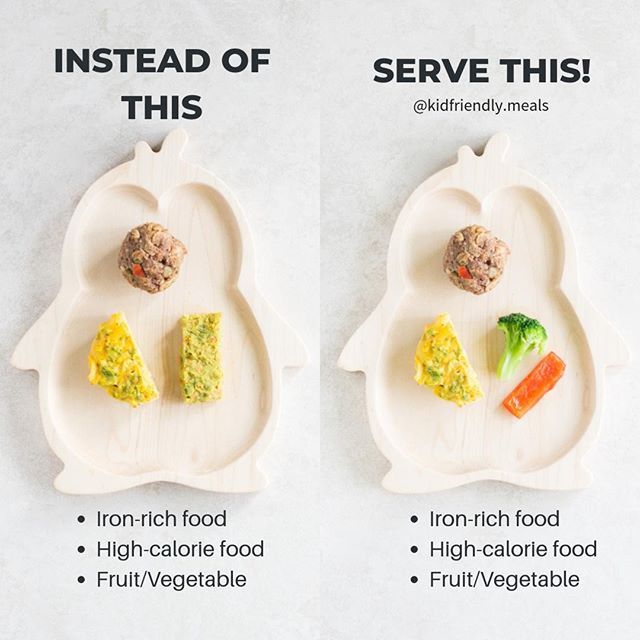 Keep unopened food away from heat and out of the reach of grabbing hands. Refrigerate opened food near the front of the fridge, where you’ll actually remember to use it.
Keep unopened food away from heat and out of the reach of grabbing hands. Refrigerate opened food near the front of the fridge, where you’ll actually remember to use it. - Label: Before refrigerating opened baby food, label it with the expiration date so you’ll know if it’s still safe to consume. Stickers or dry erase markers work really well for labelling (and it’s a great technique to apply to your own leftover food, too!)
- Use the blender: If you’re comfortable with the idea, try making your own baby food. There are numerous safe recipes online for you to try, and homemade baby food is easier to portion correctly. As your baby gets older and can handle the different ingredients, you can even begin to puree your regularly cooked meals for your little one to try.
Uses for expired baby food
Once baby food has expired, you’ll want to avoid feeding it to your little one. But that doesn’t mean expired baby food can’t still be useful! Here are a few clever uses the internet has come up with:
- If you have a compost pile, expired baby food makes a great addition!
- Moisturizing treatments.
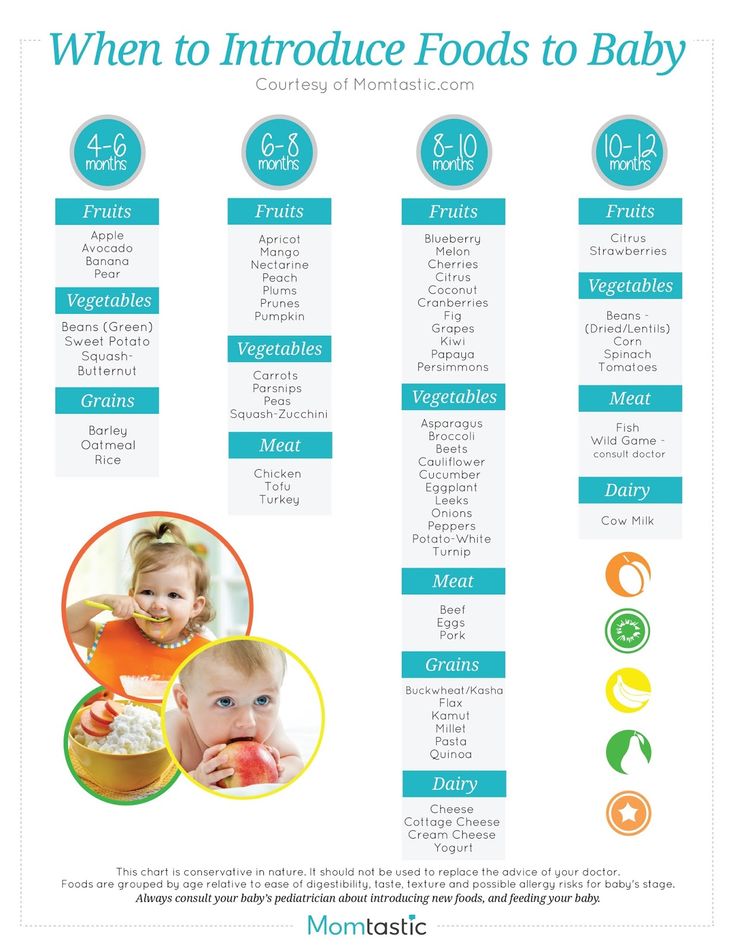 This sounds a bit weird and depends on the type of baby food you have, but it actually makes some sense. If you have expired avocado baby food, for example, you can use it to help moisturize your hair.
This sounds a bit weird and depends on the type of baby food you have, but it actually makes some sense. If you have expired avocado baby food, for example, you can use it to help moisturize your hair. - Feed the birds. Apparently, expired baby cereal is perfect to blend with peanut butter and seeds before putting on pine cones outside. You might attract some nice birds to introduce to your baby.
How Long Is Baby Food Good For After Expiration Date?
We’re supported by moms. When you buy through links on our site, As an Amazon Associate, I may earn a commission.
If you’re anything like me, you learned long ago that you have to check the expiration date on food before throwing it into your cart. This especially applies to baby food.
When people stock things without moving the items on the back of the shelf up, they wind up with an entire shelf of expired baby food, which can then wind up in your pantry.
Thankfully, baby food is usually good if it looks good and smells good, which can be a few months after the expiration date. However, you want to make sure that you’re not feeding your little one anything that’s going to make them sick.
However, you want to make sure that you’re not feeding your little one anything that’s going to make them sick.
Table of Contents
- 1 Where To Find Expiration Dates On Baby Food
- 1.1 Check The Obvious Places
- 1.2 Where Is The Expiration Date On Beechnut Baby Food?
- 1.3 Where Is The Expiration Date On Baby Food Pouches?
- 2 What Does The Expiration Date Mean?
- 2.1 What Does Sell By Date Mean?
- 2.2 Best By Date On Baby Food Jars
- 2.3 Isn’t Use By Date The Same Thing As The Best By Date?
- 3 When Can You Eat Baby Food Past Its Expiration Date?
- 3.1 Baby Food Containers Or Pouches
- 3.2 Baby Cereal
- 3.3 Baby Snacks, Like Puffs
- 4 Can You Give A Baby Formula If It’s Expired?
- 5 In Conclusion
Where To Find Expiration Dates On Baby Food
Before you head to the grocery store or even begin this mission of finding out what’s safe to feed your baby, you need to know how to read an expiration date on baby food.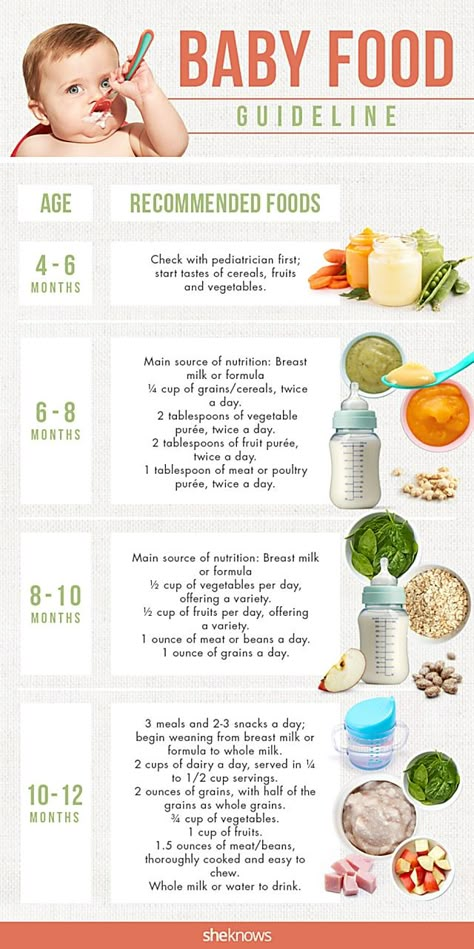 That means finding them. Some are in obvious places, while others are not.
That means finding them. Some are in obvious places, while others are not.
Check The Obvious Places
Most companies put their expiration dates in obvious places that are easy to find. Check the bottom of the jar. If it’s not there, check the top of the lid.
It can also be on the underneath of the lid, so you won’t be able to see it until you open the jar of baby food. For plastic containers of baby food, check the sides. The expiration date is usually on the side, top, or bottom in plain view.
Where Is The Expiration Date On Beechnut Baby Food?
I have quite a few Beechnut baby food jars that were passed along from a friend after their child was no longer on baby food. Unlike my other baby food jars and plastic containers, the expiration date on Beechnut baby food jars was not in an obvious place.
If you’re wondering where is the expiration date on Beechnut baby food, check the side of the lid. Not the top or the underside. It should be in tiny print on the side, right where you would put your thumb if you were turning the lid.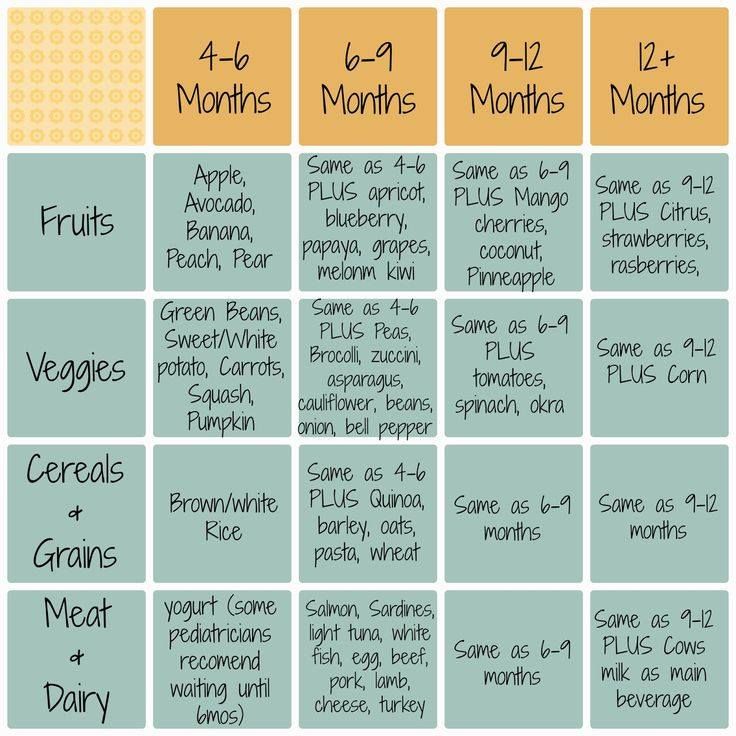 That’s where mine is.
That’s where mine is.
View in gallery
Where Is The Expiration Date On Baby Food Pouches?
If you have picked up on how convenient baby food pouches are, you’ve probably got a few of them in your pantry. The expiration date can typically be found anywhere on the pouch.
If it’s not in an obvious place, check by the bar code. Sometimes, it’s in fine print right underneath the bar code, which can make it easy to miss.
What Does The Expiration Date Mean?
If you’re checking out expiration dates, you’ll notice different terms used. There might be one that states sell-by and another that says best used by, for example.
Once you know what those terms mean, it can make figuring out when it’s safe to give your little one baby food a little bit easier.
What Does Sell By Date Mean?
If the product on the shelf says a sell-by date, it means that the store should sell it by that date. After that date, stores are supposed to pull it from the shelves.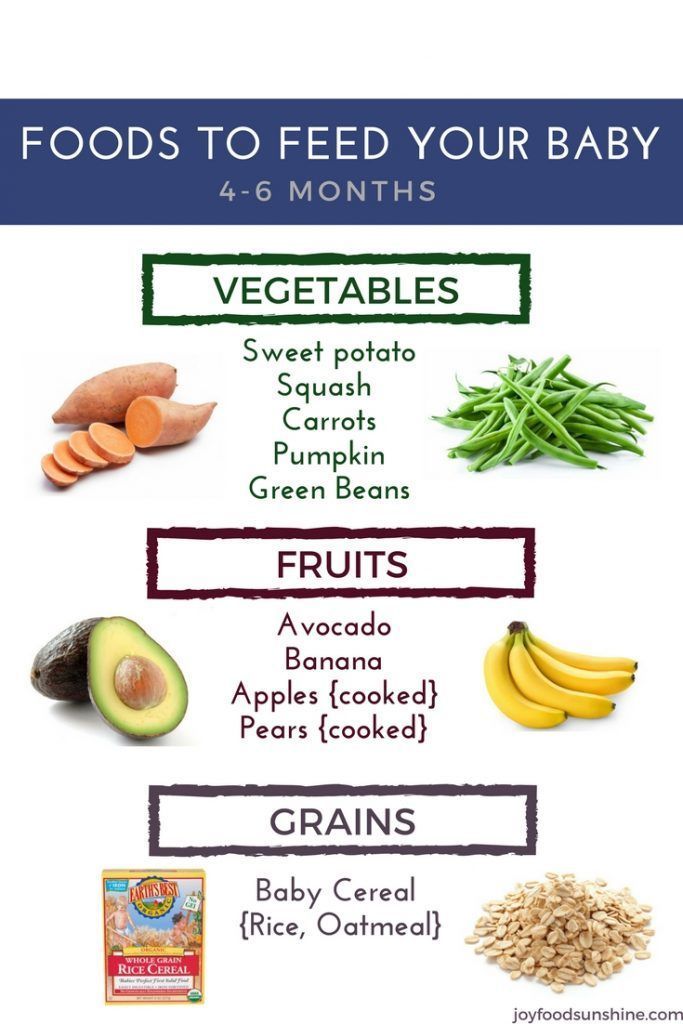 However, some stores are bound to miss a few products.
However, some stores are bound to miss a few products.
If you see a baby food jar with a sell-by date that has passed, don’t buy it. Instead, take it to the customer service desk and let them know. If you already have one and the sell-by date has passed, use it as soon as possible.
Best By Date On Baby Food Jars
If your baby food has a best by date on it, it means that this is when the product is at it’s best. After this date passes, the overall quality of the food will begin to decrease. It will start to taste different and may smell different.
Isn’t Use By Date The Same Thing As The Best By Date?
Essentially, yes these two things mean the exact same thing. It’s simply different wording. If you have any baby food that has a use-by date on it, it means that you should use it by that date.
After this date, the quality of the food decreases, and over time it can make your baby sick.
When Can You Eat Baby Food Past Its Expiration Date?
View in gallery
Just because there is a date listed on the jar, pouch, or container of baby food doesn’t necessarily mean that the food will be toxic or inedible.
This date is used as a general guideline. Typically, there is a little bit of leeway as to what you can still feed your baby.
Baby Food Containers Or Pouches
You can still safely give your little one either of this past the expiration date. If the product has been opened, it should be thrown away within a day after being opened.
If it’s unopened, you can safely feed it to your little one for another week or two. Some people swear that if it doesn’t smell bad, it won’t be a problem.
Personally, I throw them out within a week just to be on the safe side. It’s always better to be safe instead of sorry, especially when it comes to babies.
Baby Cereal
Baby cereal will not go bad as soon as baby food does. Most grains and cereals will last months after their expiration date, and the same applies to baby cereal.
After the expiration date, baby cereal will taste a little bit different to your baby. However, it’s unlikely that your little one will get sick.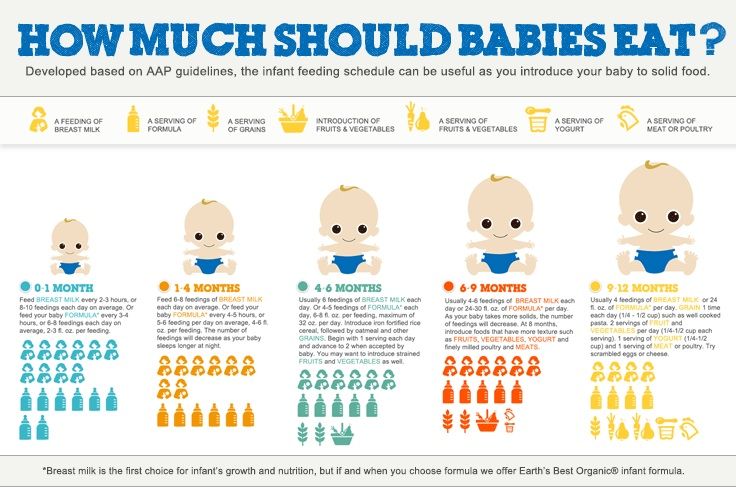 You can keep this stuff in the pantry for another 3-4 months.
You can keep this stuff in the pantry for another 3-4 months.
Baby Snacks, Like Puffs
Baby snacks usually have the same general rules that apply to baby cereal. These will remain in edible condition for another 3-4 months, but they will taste different than they normally would.
It’s best to use them as soon as possible if the use-by date is coming up. However, you don’t have to worry that you’re going to make your little one sick by feeding them baby puffs a week after their expiration date.
View in gallery
Can You Give A Baby Formula If It’s Expired?
Yes and no. The most formula will begin to decrease in quality as other foods do, but for baby formula in particular this means that the nutrients start to degrade.
If your baby is relying primarily on the formula to satisfy their nutritional needs, those might not be met with a can of expired formula.
However, if you have to feed your little one and all you have is a can that is expired, you don’t have to worry about it making your little one sick.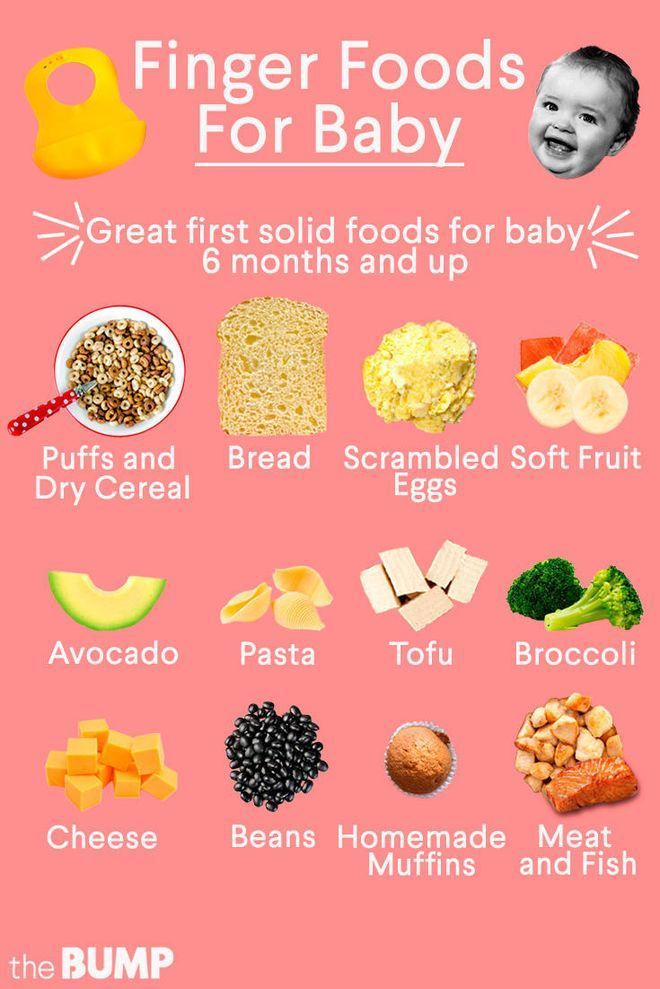 Pick up some that are not expired as soon as possible.
Pick up some that are not expired as soon as possible.
In Conclusion
Most formula and baby food jars are good for a year. If you have anything that is expiring soon or has expired in the last week, make sure to use it as soon as possible. If you’re ever unsure, just remember “when in doubt, throw it out.”
Amber Dixon
My name is Amber Dixon. I am a mother to three wonderful children, and recently welcomed a beautiful grandson into the world as well as into my home. I've learned a great deal about raising children through my own experiences as a mother, but also from several other places. While working at a daycare full time, I learned about childhood development, teaching children, and more. Through earning degrees in Social Work, I was educated about human development, including a great deal about children and childhood development. My education and experience combined have taught me a lot about children of every stage and age, and I hope that I can help you on your journey to becoming the best parent that you can be!
Storage of baby food: terms and requirements for the storage of baby food
09/23/2019 31630
Article content
- The importance of proper storage of baby food
- About the safety of baby food
- Rules for the storage of different types of food
- General storage rules
All parents want to see their baby cheerful, active and healthy. The harmonious development of the child largely depends on the correct and high-quality diet. The market for special baby food is striking in its diversity, and everyone strives to choose the best for the child. But for the safety of the baby and its full development, it is not enough to buy high-quality products. You also need to know how to properly store baby food. nine0008
The harmonious development of the child largely depends on the correct and high-quality diet. The market for special baby food is striking in its diversity, and everyone strives to choose the best for the child. But for the safety of the baby and its full development, it is not enough to buy high-quality products. You also need to know how to properly store baby food. nine0008
The importance of proper storage of baby food
Warmth, care and attention are necessary for all children. But the child is gradually growing, while he needs to eat varied. And here the question arises: is it possible to save the cooked product until the next feeding? Here it is important to pay attention to the fact that the child's immune system is not yet strong enough, so the storage of baby food should be given special attention. The well-being and health of the baby often depends on the conditions in which and how long they are kept. nine0008
About the safety of baby food
In the Russian Federation there is a whole regulation on the safety of food for children - that's what it is called.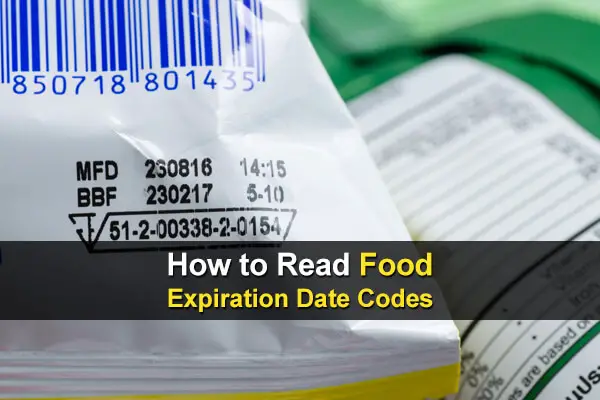 This document sets out requirements for manufacturers and sellers of children's products related to the protection of children from toxic and chemical substances. This applies not only to baby food produced in our country, but also imported from abroad. That is why when buying infant formula, porridge, puree or other product, you can be sure of its quality and safety. The regulation requires not only correct production, but also packaging, storage of baby food and its disposal: nine0008
This document sets out requirements for manufacturers and sellers of children's products related to the protection of children from toxic and chemical substances. This applies not only to baby food produced in our country, but also imported from abroad. That is why when buying infant formula, porridge, puree or other product, you can be sure of its quality and safety. The regulation requires not only correct production, but also packaging, storage of baby food and its disposal: nine0008
- Children's products are sold only through special stores or dedicated departments of supermarkets (therefore, it is better to buy them there or at least in a pharmacy).
- Expiration dates are set by the manufacturer, who is fully responsible for the quality of his product.
- Transportation of baby food is carried out in accordance with the requirements of the technical regulations for the transportation of any products. nine0036
At the same time, in the production of baby food, a number of conditions must be observed:
- Do not use highly acidic curd products.
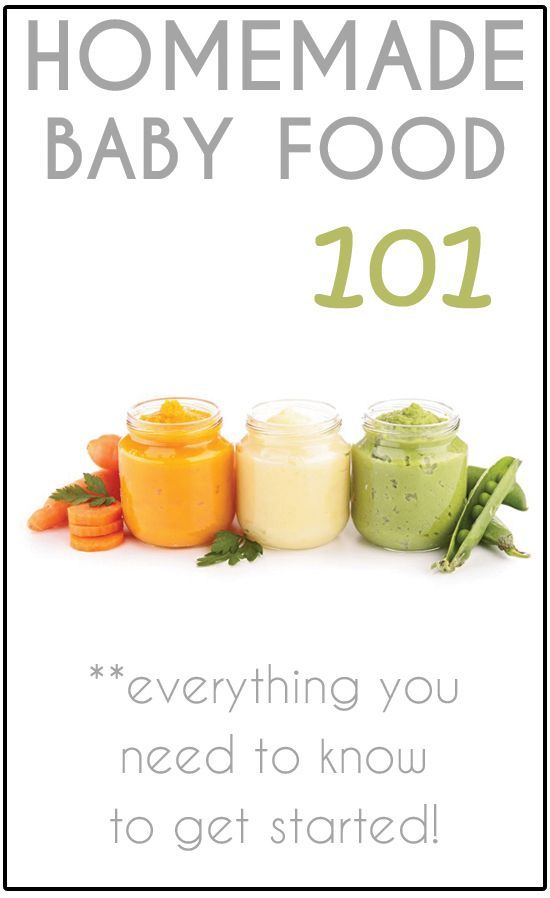
- Do not add soy flour or grains contaminated with impurities.
- Offal is prohibited except for tongue, liver, heart and blood.
- Do not include in baby food beef with a fat content of more than 12%, pork - 32%, lamb - 9%.
- Do not use salted butter or products with a fat content below 82%*.
For a complete list of products prohibited in the production of baby food, you can follow the link attached to the article.
Rules for storing different types of food
Undoubtedly, breast milk is the most valuable and beneficial for a child. But there are situations when a mother needs to leave the house and she expresses milk in order to feed the baby on time. In addition, the child grows, over time he needs complementary foods. Expressed breast milk, formula-fed infant formula and complementary foods require a special approach, and it is very important to know the conditions and shelf life of baby food. nine0008
nine0008
How long can open packages of infant formula and cereals be stored?
This is important!
The shelf life of opened dry infant formula or cereal is limited to 2-3 weeks, sometimes 4 weeks for cereals (depending on the manufacturer - read the packaging carefully). After its expiration, this product cannot be prepared for a child. Dry mixes should be stored in a place protected from light, but not in the refrigerator.
Open jars (packages) of fruit, vegetable and meat puree should only be stored in the refrigerator. And after opening the package, you can eat only within 12 hours **. After the expiration date or 12 hours after opening the package, the product must be disposed of, since it can no longer be eaten. Yes, not only for children, but also for adults. nine0002 Also, many are interested in how long home-made baby food, such as freshly prepared vegetable or fruit purees and juices, can be stored. There are two main options to use immediately after preparation (the best) or freeze.
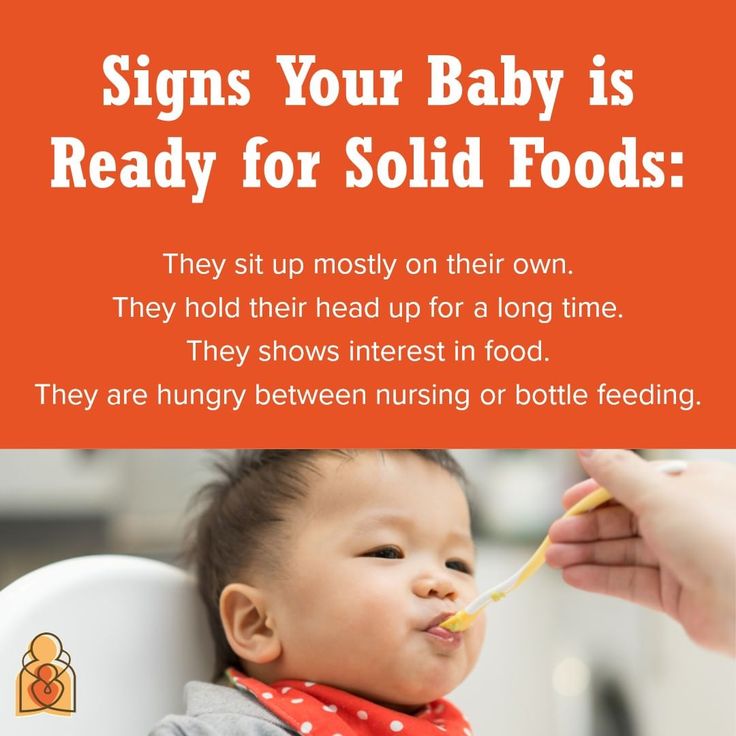 Such a product will also be suitable for eating for 12 hours, after which it will begin to deteriorate. Frozen fruits and vegetables can be stored in the freezer for up to six months, depending on the culture. However, even frozen products have expiration dates, after which it would be wiser to throw them away than eat them. nine0008
Such a product will also be suitable for eating for 12 hours, after which it will begin to deteriorate. Frozen fruits and vegetables can be stored in the freezer for up to six months, depending on the culture. However, even frozen products have expiration dates, after which it would be wiser to throw them away than eat them. nine0008 General storage rules
A huge variety and affordable cost of products greatly facilitate the worries of preparing complementary foods for children. But along with this, many parents face another problem: where to store baby food? So that the products do not lose their qualities from the influence of external factors, the following basic rules must be observed.
- Hygiene. Be sure to wash your hands thoroughly before preparing food and feeding your baby. The child's dishes should always be clean and stored separately in sterile conditions. nine0013
- Storage location. Dry cereals and mixtures should be stored in a ventilated cupboard out of the reach of children.
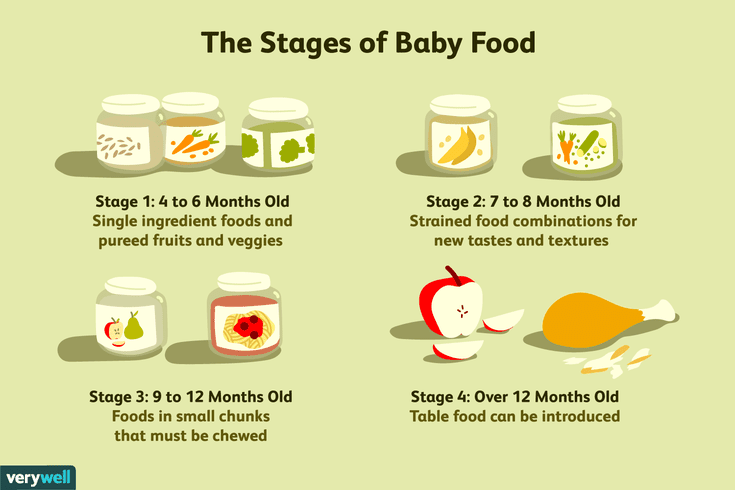 In caring for a baby, mothers are loaded with various problems and worries. It is difficult for them to remember everything, so it is recommended to stick a label on each product with the date of its opening. This will help you meet the deadlines.
In caring for a baby, mothers are loaded with various problems and worries. It is difficult for them to remember everything, so it is recommended to stick a label on each product with the date of its opening. This will help you meet the deadlines. - When feeding a child with vegetable and fruit juices, puree or sour-milk products in jars, remember that after breaking the integrity of the package, the use of its contents is allowed on average up to 12 - 24 hours. Different manufacturers may have different terms, read carefully what is written on the label! Be sure to ensure that the integrity of the packaging has not been violated even in the store. Most manufacturers on the jars have a special protection against opening. Fresh puree in jars emits a characteristic “pop” when opened, juices must have either a protective foil film or a special opening mechanism. Unopened jars of juices and purees can be stored in the cupboard, while dairy products should only be kept in the refrigerator.
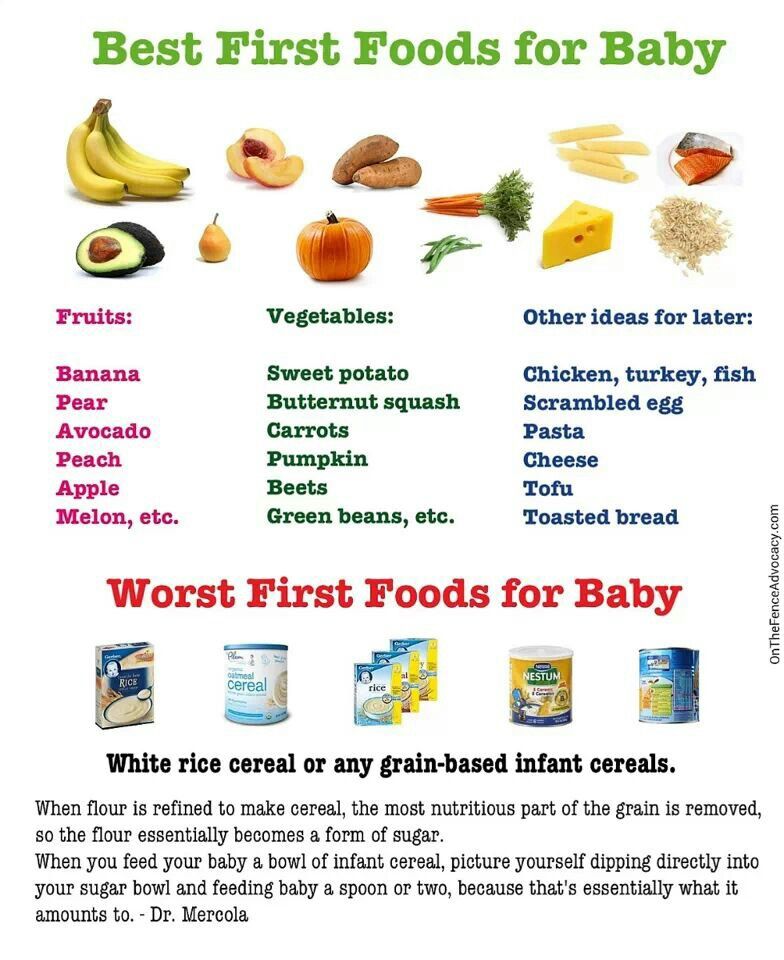 nine0013
nine0013
- Containers for storing baby food may be glass or plastic, but must be labeled accordingly, indicating the absence of toxic impurities in the composition of the material.
Food for a child is a source of energy and a guarantee of full growth and development. Therefore, it is very important not only to buy quality products, but also to learn how to properly store them. The health and well-being of the baby, the resistance of his body to the adverse effects of the external environment often depend on this. nine0008
*FZ Technical regulation "On the safety of baby food"
**Hygienic requirements for the shelf life and storage conditions of food products. Sanitary and epidemiological rules and regulations. SanPiN 2.3.2.1324-03
(3 ratings; article rating 5.0)
Shelf life of the mixture. How long can dry and ready mix be stored.
nine0002 05/20/2021 Reading time: 3. 5 min 135842
5 min 135842 In order for infant formula to be safe, not to lose taste and useful properties, it must be stored properly. This applies to both the dry mix and the already diluted product. Although the conditions and shelf life are indicated on the original packaging, this information is brief and not always clear to inexperienced mothers. Let's deal with all the nuances of this topic in detail. nine0008
How to store powdered milk formula
- On a separate shelf. If your baby is formula-fed or mixed-fed, it's worth setting aside a separate shelf in your kitchen cabinet - or at least a significant part of it - for storing baby food packages and utensils for preparing it. So you will have everything in one place and always at hand, and the mixture will not come into contact with other products and substances.
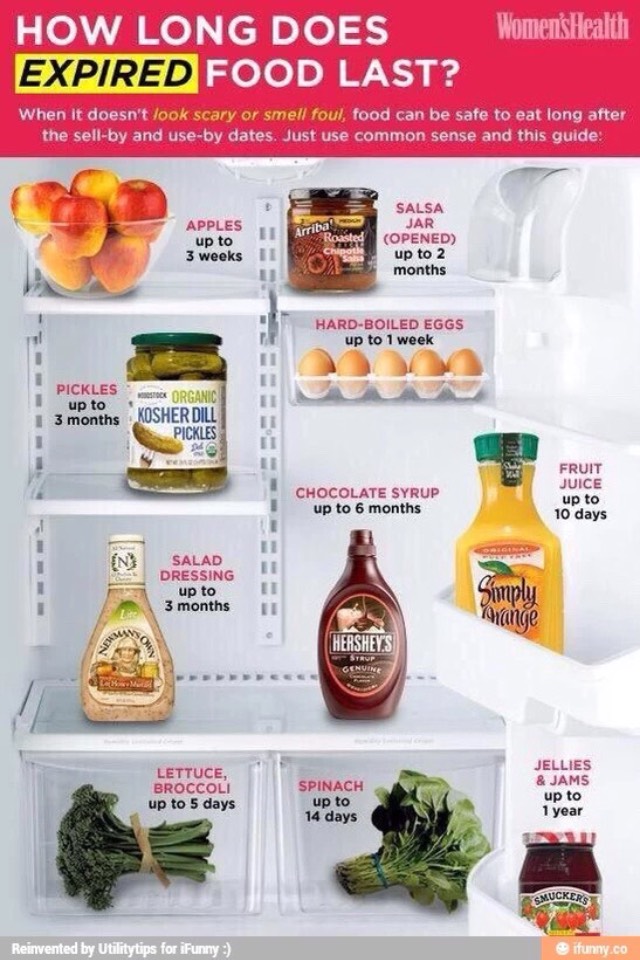
- Store in a cool, dry place. The dry product is sensitive to changes in humidity and temperature, so do not put the whole or opened pack in the refrigerator. Due to the increased humidity, condensation will appear on the walls of the package, lumps will form in the mixture. You also need to keep the mixture away from the stove, microwave or oven, sink, direct sunlight. The optimum temperature is room temperature, not higher than +25. nine0013
- Do not overfill. It is better to keep the dry mix in its original packaging, with the carton box closed. So the dry mixture will be less in contact with oxygen, which means that oxidation, due to which the product deteriorates, will go more slowly. In addition, not all containers can be sterilized before pouring dry baby food into them. And on the surface of even clean, in our opinion, dishes, there are enough pathogenic microbes that will actively multiply in such an excellent nutrient medium as milk formula. And even more so, you can’t mix the leftovers from the previous pack with the mixture of powder from the new one or pour the fresh mixture into the jar where the previous one was stored.
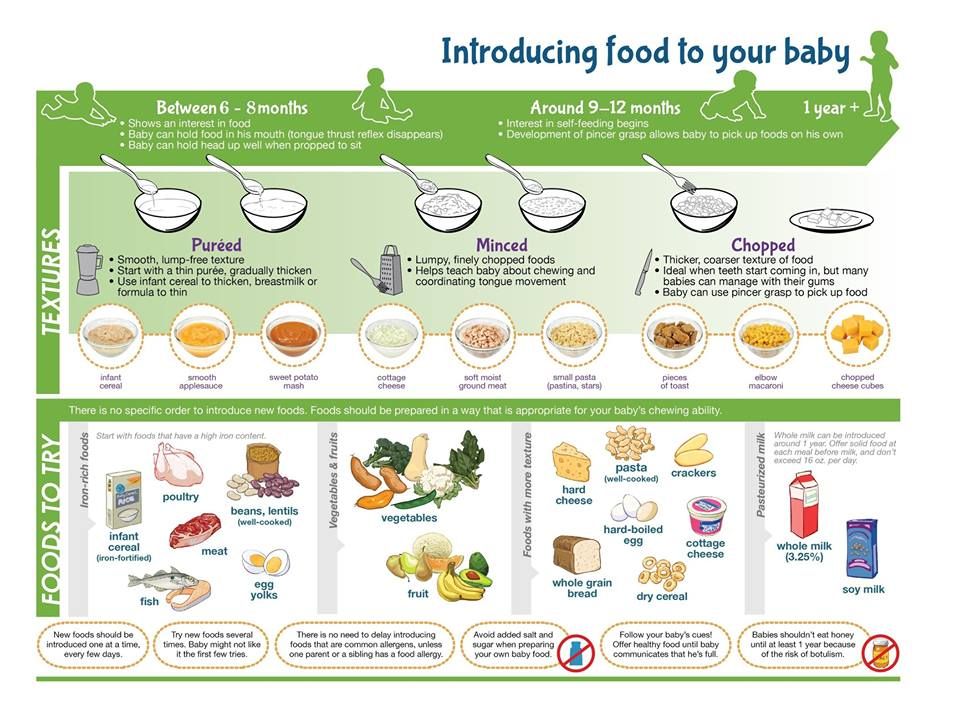 Convenience and economy are good, but the health of the baby is much more important. nine0013
Convenience and economy are good, but the health of the baby is much more important. nine0013 - Sign when opened. An opened pack can be stored no longer than 3-4 weeks. The manufacturer always indicates the specific period on the packaging. To remember exactly when you opened a new pack, make it a habit to sign the date directly on the box or stick a sticker indicating when the package was opened. Of course, most often the pack ends in a few days and you do not have to store it for weeks. But sometimes this information can come in handy: for example, if a child is mixed-fed and the formula leaves a little, if you forgot about the package you started and opened a new one. It is impossible to use a mixture from a pack that has been opened longer than the period allowed by the manufacturer. Even if it has not changed in appearance, smell and even taste, this product is already dangerous for the baby, whose immune and digestive systems are still immature. nine0013
Dry infant formula expiration date
The shelf life of dry infant formula in undamaged original packaging is usually 1.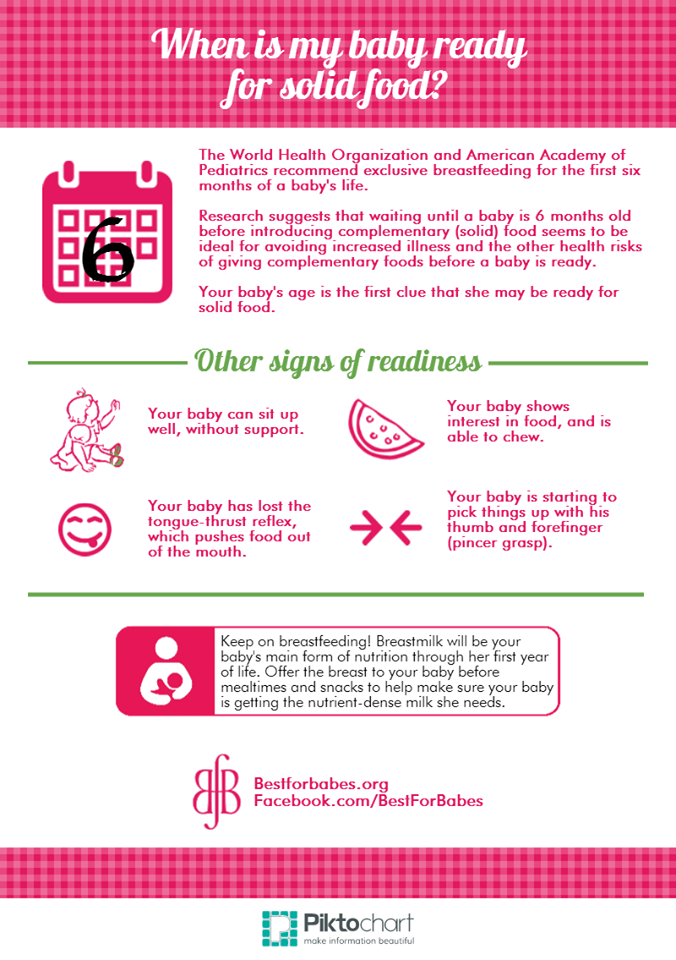 5 years. Be sure to check if it has expired when you buy baby food. Stores, of course, are obliged to ensure that the delay does not stand on the shelves, but your child will have this mixture, so always control this moment.
5 years. Be sure to check if it has expired when you buy baby food. Stores, of course, are obliged to ensure that the delay does not stand on the shelves, but your child will have this mixture, so always control this moment.
The expiration date is not set arbitrarily. The manufacturer installs it after rigorous testing and can guarantee that, if properly stored throughout the stated period, infant formula will be safe and retain all its properties. That is, if you see that there are three days left before the expiration date, and your baby copes with a pack of formula in five, then it is better to look for a fresher product. But if there are several weeks before the specified date, and even more so 2-3 months, then be sure that this mixture will be exactly the same in taste, smell and consistency as it just came off the assembly line. nine0008
Throw away the mixture after the expiration date. Of course, it will not deteriorate immediately, as soon as the last seconds of the day are over, but it is possible to find out exactly when this will happen only experimentally.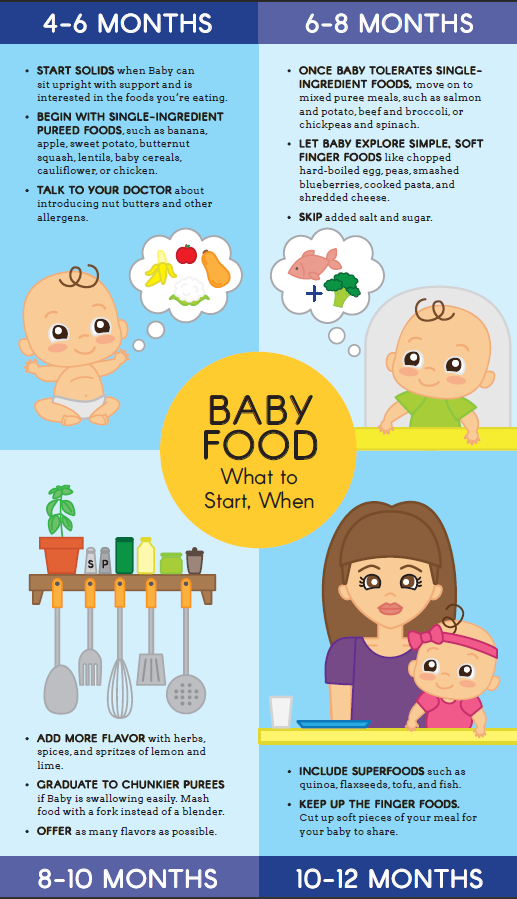 Considering that the health of the child is at stake, it is unacceptable to conduct such experiments.
Considering that the health of the child is at stake, it is unacceptable to conduct such experiments.
How to store prepared (reconstituted) infant formula
The most precise instruction on this item fits into one word: no way. In order for the mixture to be exactly safe for the baby, it must be prepared immediately before feeding. nine0008
But there are situations when it is difficult or impossible to fulfill this requirement. For example, while you were diluting the mixture, the baby dozed off, or he mastered only half the portion and became capricious, or you urgently need to leave, and the grandmother, who stayed with the child, is afraid to make a mistake and asks to leave her ready-made food.
Storage advice for reconstituted formula
- If it is likely that the child will eat the prepared serving within an hour, you can leave it at room temperature, but be sure to throw it away after this time. For feeding the baby, this product will no longer be suitable.
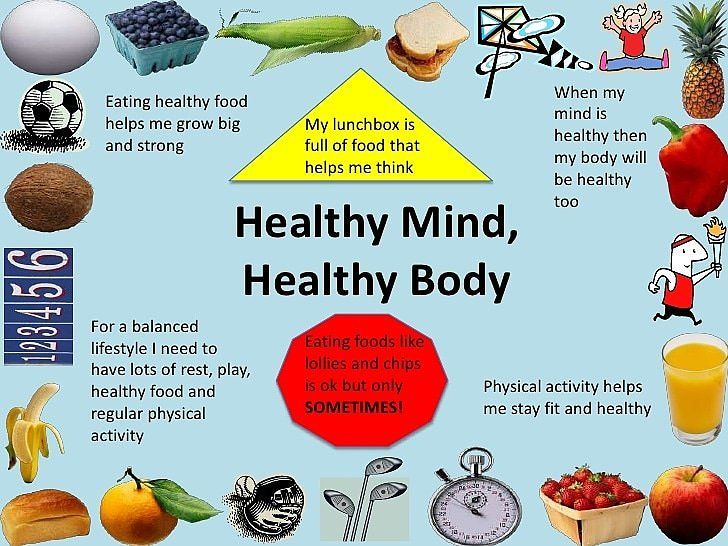 nine0036
nine0036 - The diluted mixture can theoretically be stored in the refrigerator for up to 3-4 hours. More precisely, this period can be found in the information on the packaging, as it may differ for different types of mixture. But such cases should be the exception, not the regular practice. Yet, both in taste and texture, food that has already stood in the refrigerator will be inferior to freshly prepared. In addition, when putting the finished mixture in the refrigerator, you need to make sure that there are no products with a strong smell, raw meat or fish, unwashed vegetables and fruits on the shelf nearby. nine0036
- Reheat the prepared mixture only once. If you don't have a dedicated bottle warmer, place it in a container of hot water, take it out and shake it occasionally to evenly warm the contents. Do not heat the mixture in the microwave.
- If you need to take ready-made formula for a walk or leave it for a relative looking after the baby who does not know how to breed baby food, you can get out of the situation quite simply.

